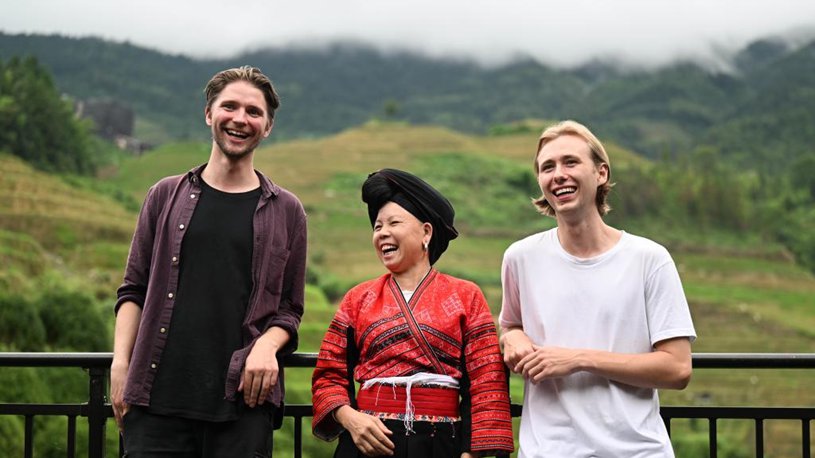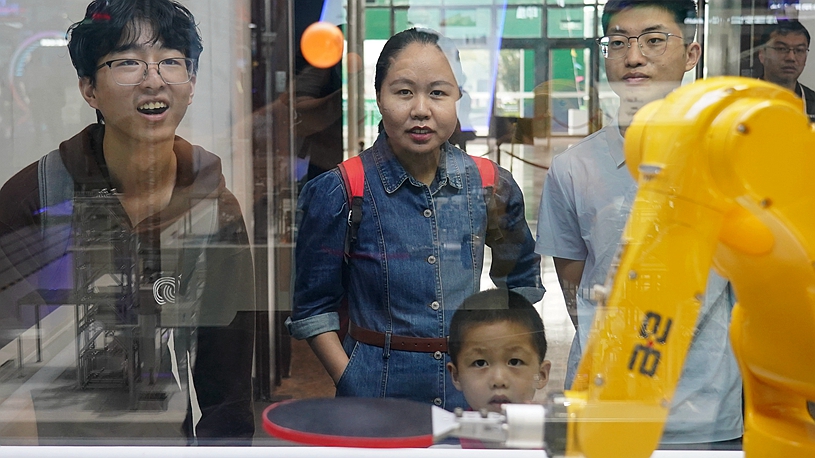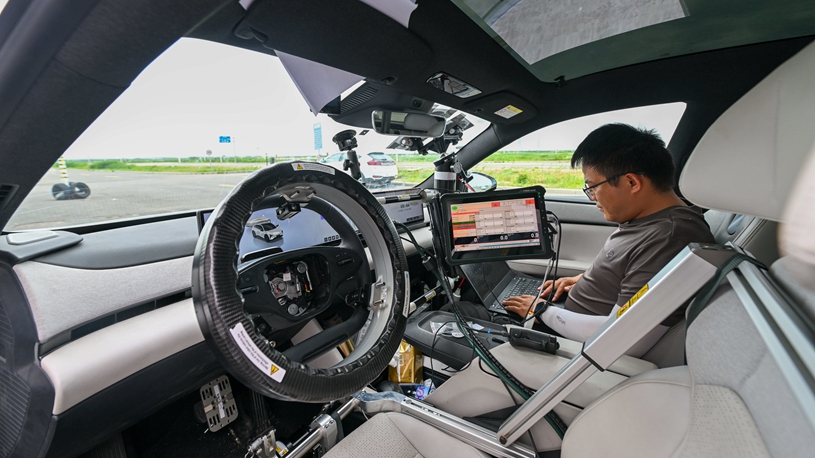by Xinhua writer Jiao Qian
BEIJING, July 15 (Xinhua) -- China has a very strong commitment to fighting and ending HIV/AIDS, said Winnie Byanyima, executive director of the Joint United Nations Programme on HIV/AIDS (UNAIDS).
China's commitment to fighting HIV/AIDS is demonstrated at various levels, from the top leadership to lower-level governments, from institutions to communities and the private sector, the UNAIDS chief said in an interview with Xinhua.
Byanyima, who also serves as under-secretary-general of the United Nations, has just concluded her visit to China to strengthen collaboration and advance shared goals.
During her visit, a memorandum of understanding on strategic cooperation between China and the UNAIDS was signed to boost joint efforts in related fields.
Over the past years, the Chinese government and health authorities have attached great importance to HIV/AIDS prevention and control, and adopted a series of measures that have yielded marked results.
HIV/AIDS has been brought under effective control at a low prevalence level in China, with new infections and mortality rate declining annually.
The transmission of the disease through blood transfusion and blood products has been essentially blocked. Mother-to-child transmission and transmission through intravenous drug use have reached historical lows.
"China has a government that puts people first," Byanyima said, believing that China has the institutions, resources and political will to win the fight against HIV/AIDS.
Globally, new HIV infections and HIV-related deaths have both been declining. However, the progress is uneven among different regions, Byanyima noted.
"Africa, which has the highest numbers of people living with HIV is fortunately the one making the fastest progress," she said. In some other regions, there have been increases in new infections, mostly among certain vulnerable groups.
Accelerated efforts are needed to achieve the target of ending AIDS as a public health threat by 2030 within the UN Sustainable Development Goals.
China, as a developing country, plays an important role in the global fight against HIV/AIDS, said Byanyima.
China has been a member of the UNAIDS since it was established in 1996, playing a leadership role in giving advice and supporting its decision-making, resourcing and policies, the UNAIDS chief said.
"China contributes very positively to global health, and in particular, to us in the fight against HIV/AIDS," she added.
Byanyima underscored the importance of community-level response to HIV/AIDS in the early detection of new infections and in addressing stigmatization and discrimination of people living with HIV.
She visited communities during her stay in China and learned how communities work to fight AIDS in partnership with the government, which she believes is critical.
Byanyima also highlighted increasing social inclusiveness for people living with HIV, as well as tackling gender inequality to accelerate efforts to end the HIV/AIDS epidemic. ■












